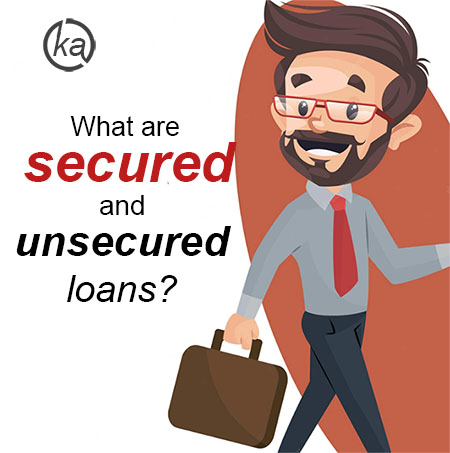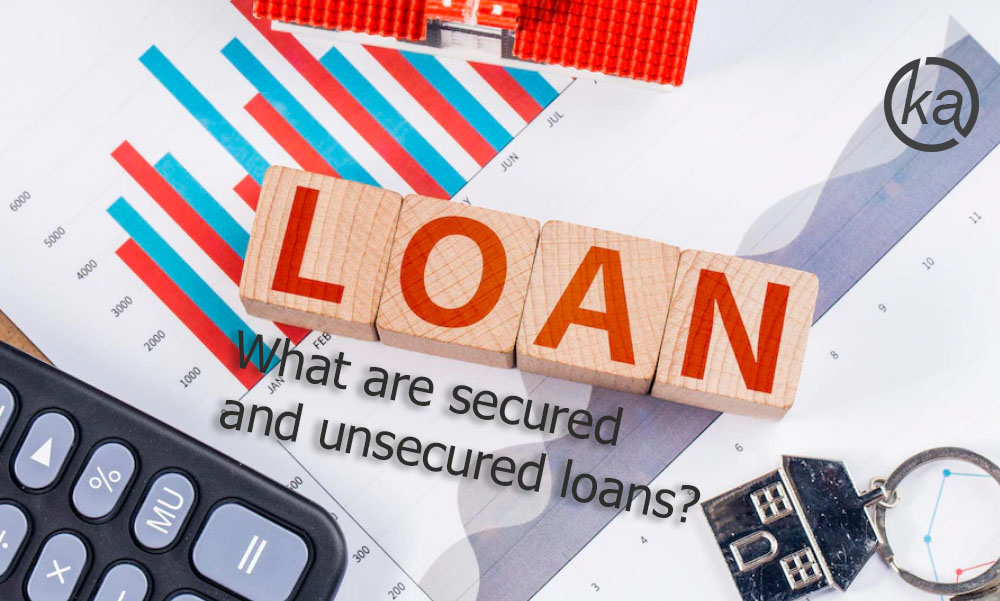What is a Secured Loan?

Secured loans are commercial or personal loans that demand some sort of collateral as a condition of borrowing. A bank or lender can request collateral for significant loans for which the money is being used to purchase a specific asset or in circumstances where your credit ratings aren’t sufficient to qualify for an unsecured loan.
Secured loans may allow borrowers to enjoy reduced interest rates, as they present a smaller risk to lenders. However, certain types of secured loans—including bad credit personal loans and short-term installment loans—can have higher interest rates.
What is a LTV ratio?
LTV is a measure of how much of the value of an asset a lender is willing to finance debt against. Typically, a percentage is used to express it.
Assets that are viewed as more “desirable” as collateral typically have higher LTVs. An asset’s suitability for use as collateral is often determined by the stability of its value, the activity of its secondary market, and the ease with which the item can be transferred to other parties (among other things).
Pros and cons of Secured Loans
Pros:
- Compared to unsecured loans, you can borrow more money.
- If your credit is terrible, you can still borrow money.
- There are longer loan terms available.
Cons:
- The safety of your home is jeopardized by them.
- A borrower is only allowed to take out a loan for a certain percentage of an asset’s value.
- Interest rates may fluctuate or remain constant.
Types of Secured Loan
- Homeowner
These loans are secured by the collateral you have on your house, and the amounts you can borrow often range from £7,500 to over $25,000. The average lifespan is between 3 and 25 years. - Logbook
You can use the money you borrow for anything you want with these loans, which are secured by your automobile. Depending on the situation, you could get a loan for up to half of your car’s value. They are typically issued for a period of up to five years. The interest rates for logbook loans are typically quite hefty. - Vehicle finance
Finance agreements guarantee these loans using the collateral value of the vehicle being secured. After the last payment is made, the car is yours to keep. The term of the loan could be anywhere from one to five years. - Bridging
If you need to buy a new house before your present one sells, these loans are usually secured against your property and are hefty. They offer higher interest rates but can be taken out for as little as a day, but 12 months is typical. When you get a loan, you need a repayment plan. - Debt consolidation
Consolidating debt is a common reason people use secured loans. To consolidate debt and lower monthly debts, you may be able to get a loan secured by your home or other assets.
What is an Unsecured Loan?
You can borrow a certain amount of money from a lender and make fixed monthly payments on an unsecured loan because you don’t have to put up any loan. Typically, interest rates remain constant.
An unsecured loan can give you between $15,000 and $100,000 for a period of one to ten years.
A lender’s assessment of your creditworthiness will determine the interest rate on an unsecured loan, a practice known as “risk-based pricing”.
Some of the things lenders look at include:
- How much you want to borrow
- How long you want to borrow for
- Your credit record
- Your income
- How much other credit you have applied for recently
Pros and cons of Unsecured Loans
Pros:
- No risk to your property
- More flexible than a secured loan
- Quicker to apply
Cons:
- For the best interest rates, a solid credit history is required.
- Secured loans may have higher interest rates.
- Smaller loans are more common.
Types of Unsecured Loan
- Personal
These loans allow you to borrow a large sum of money and repay it in installments over a certain period of time. - Guarantor
You can get one of these loans if a close friend or relative agrees to cover the cost of the loan in the event you fail to do so. - Peer to peer
Online personal loans facilitate borrowing funds from lenders in exchange for repayment of the loan plus interest. - Debt consolidation
In many cases, loans consolidate their previous debts with the proceeds from an unsecured loan, making the repayment schedule more manageable and the interest rates lower.
What are the Risks?
Both types of loan share some of the same risks, including:
- You can take on more debt than you can comfortably pay back, but the lender is required to verify your ability to do so before approving your loan application.
- If you are late with payments, it could negatively affect your credit score.
- If you are late with a payment or miss a payment entirely, you may be subject to additional charges.
- You may be sued if you fail to make your loan installments for more than three to six months.
If you are unable to repay a secured loan, the lender may seize the collateral you provided and sell it to cover the loan’s balance.

